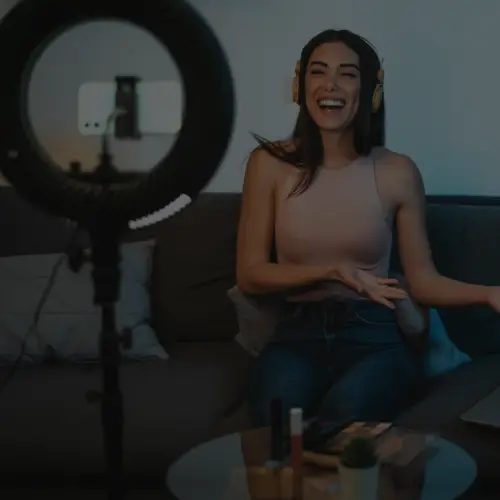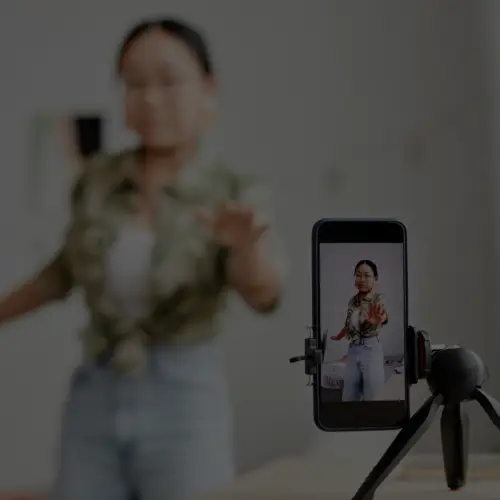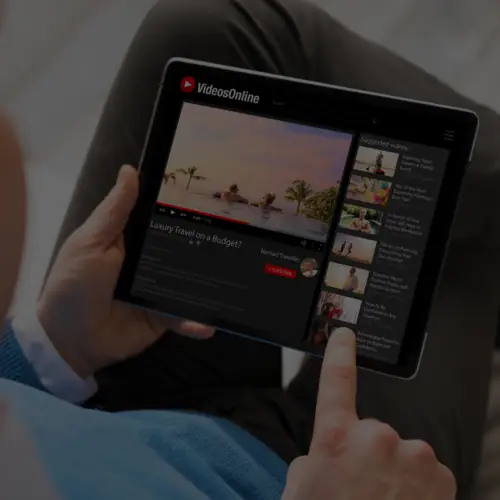13 Mar SXSW Panel Recap: Getting More Women Into New Media and Tech
The panel on getting more women into tech and new media began with an acknowledgment that there are, in fact, a lot of women who already work in the industry – the problem is, we just aren’t that visible.
The conversation was hosted by Rachel Sklar, Co-Founder of ChangeTheRatio.com and Hashable.com, and included Alexia Tsotsis, a writer with TechCrunch. The initial conversation centered around removing the blinders that our industry has when it comes to our visibility – specifically, thinking of female thought-leaders when booking speakers for conferences, rather than just using them as promotional tools to, say, put on spandex and go demo your new app.
Even more interesting was the conversation around women who are founders of start-up companies, a number that Rachel quoted as around 11%. But of those 11%, many aren’t getting funding, so the question is, why not? A few theories emerged, and the women in attendance shared stories of trying to create relationships with VC’s that were hijacked as they found themselves propositioned for dates, thus reinforcing the idea that they weren’t being taken seriously as investment potential. VC’s and Angel Founders were quoted as saying that they wanted to invest in “people I just get,” or “people that I feel like I could do business with,” but what does that mean if your “otherness” is the fact that you’re a woman?
Several suggestions for workable solutions came out of this conversation, which was the most inspiring part to me. Some men in the room suggested that their male counterparts weren’t fully aware of the particular issues that women working in tech face, and that we should do a little outreach to get them up to speed. That way, they can also become advocates for our needs.
Women can also work to support each other, and combat that bad storyline that women are catty and don’t want to help other women. We can communicate to women, especially from an early age, that there is room for them in the tech world, because we are there.
Another solution proposed was that we invite ourselves to the party, or crash it, if our invite got lost in the mail, until we aren’t being left off the guest list anymore. And perhaps most importantly, that we speak up and let our voices be heard more than they have been. And when we see something that doesn’t work, like boobs on the cover of Wired magazine, that we say so – often and out loud.
Because as Rachel said, a diverse perspective leads to a smarter whole, and the whole industry will benefit from that.
Search the hashtag #panky on Twitter to read what everyone had to say.






